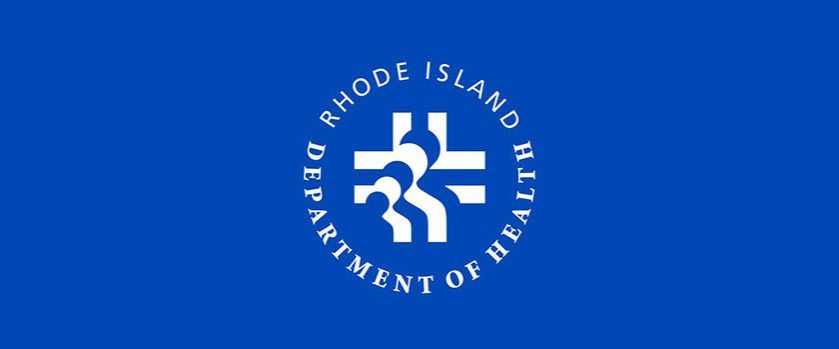Rhode Island and states throughout the region are currently seeing the circulation of several respiratory viruses, including respiratory syncytial virus (RSV), flu, and COVID-19. All Rhode Islanders are reminded to take basic prevention measures to help themselves and their family members stay healthy and safe.
We currently are seeing an early RSV season this year, with rates that are roughly double previous years. While RSV is often a mild illness, it can be quite serious for infants. In addition, children and adults with certain underlying health conditions are more likely to develop severe RSV infection and may need to be hospitalized.
Those most at risk for RSV include infants under six months, premature infants, older adults, anyone immunocompromised, or individuals with asthma or chronic diseases. Most children do not need to seek medical care for RSV. Hospital emergency departments in Rhode Island are currently very crowded. RIDOH recommends that Rhode Islanders only go to emergency departments for health issues that require emergency care.
There is no vaccine for RSV, but there are prevention steps:
- Cough or sneeze into your elbow.
- Wash your hands often with soap and water.
- Clean and disinfect frequently touched surfaces at home, work, and school.
- Stay home if you are sick.
- Keep children home from daycare or school who have fever, especially with a cough, difficulty breathing or shortness of breath, congestion, runny nose, or sore throat, until they are fever-free for 24 hours without medications that reduce fever.
- Contact your pediatrician or healthcare provider if you believe your child needs medical care. Your provider can offer advice on whether your child needs to be evaluated in person, tested for COVID-19 or flu, and the best location (doctor’s office, urgent care, emergency room) for care.
- Get your flu shot. Everyone older than six months of age should be vaccinated every year. For information on where to get a flu shot, see health.ri.gov/flu.
- Stay up to date on your COVID-19 vaccinations. For many people, that means getting a booster. For information on how to get vaccinated against COVID-19, see C19vaccineRI.org.
RSV Guidance for Child Care Providers
Children do not need RSV testing to return to child care. The illness typically resolves within 1-2 weeks with supportive care, much like treating a cold. Children who are diagnosed with RSV may return to care once they are fever-free for 24 hours without the use of fever-reducing medicine and have returned to normal health.
RSV does not need to be reported to RIDOH unless there is an outbreak. All outbreaks are reportable to RIDOH Center for Acute Infectious Disease Epidemiology (CAIDE) at 401-222-2577.
See our Respiratory Viruses: Community Partner Toolkit and please “like” and share any posts on social media channels and consider sharing the resources.
COVID-19 Updates
With colder months and holidays ahead, it is important to take steps towards a healthy and safe holiday season. This includes symptom screening for return to child care, staying home and getting tested if symptomatic, and promoting vaccinations and boosters. If possible, send test kits home with children and staff before breaks or vacations to encourage testing before returning to child care.
Test kits can still be ordered at no cost from RIDOH through the child care test kit order form.
For information on COVID-19 and COVID-19 vaccines, visit C19VaccineRI.org.
Get the Right Care in the Right Place
In addition to taking steps to prevent RSV, COVID-19, and flu, Rhode Islanders should know about the right places to seek care. Hospital emergency departments in Rhode Island are currently very crowded. Children and adults in emergency departments with less serious health issues are experiencing long wait times. People who do not need emergency medical care should not go to the emergency department. Long waits in the emergency department are frustrating, and they expose people to new sicknesses.
Many health issues can be treated more quickly and effectively by a primary care provider, in an urgent care facility, or in a health center. The Rhode Island Department of Health (RIDOH) has lists of primary care providers, urgent care centers, and health centers posted at health.ri.gov/rightplace.
Some health issues need emergency medical care (either by calling 911 or going to the emergency department). Examples include trouble breathing; persistent chest pain; new difficulty speaking or confusion; inability to wake or stay awake; heavy bleeding; deep wounds; serious burns; possible broken bones (especially if the bone is pushing through the skin); and severe allergic reactions. This is not a complete list of health issues that require emergency medical care. For more information, see health.ri.gov/rightplace.
